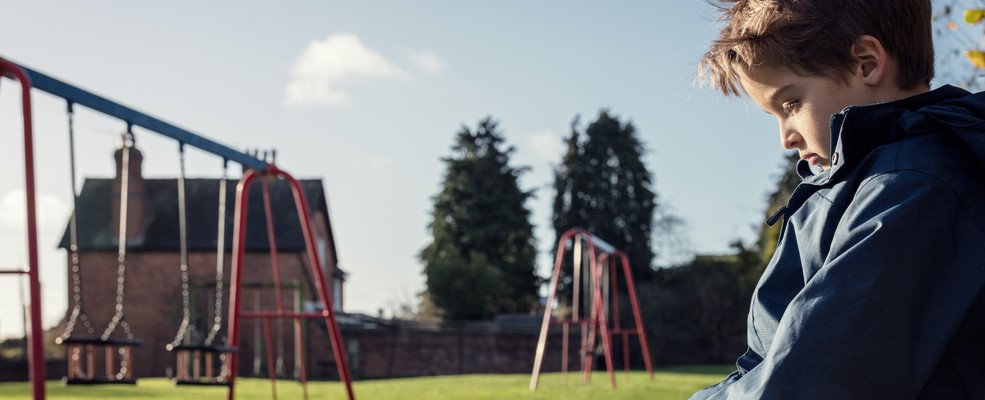There is widespread and growing concern that the increasing cost of living will severely impact on the poorest families and communities this winter. Things were pretty bad last winter. A report by the Bevan Foundation revealed that nearly four in 10 Welsh households struggled to make ends meet.
The Bevan Foundation’s Snapshot of Poverty this summer showed that the situation has deteriorated even further as the number of people in households with one or two children who are having to cut back on food for children has nearly doubled. One in 10 families with one child, and one in five families with two children, were cutting back on food for their children. Things are only likely to get worse this winter as the cost of food and heating continues to rise sharply.
Data from the latest sweep of the WISERD Education Multi-Cohort Study (WMCS), our annual survey of young people in Wales, indicate that high levels of hardship are already very evident within schools and classrooms, and that poverty is leading to widespread hunger.
- Nearly one third of pupils (29.3%) are aware of their classmates coming to school hungry
- Nearly one third (29.0%) are also aware of classmates who can’t afford to buy lunch at school.
These rising levels of poverty are likely to have long-term consequences – even beyond the current financial crisis. We know that poverty negatively affects the educational attainment, opportunities and outcomes of children and young people. One third (32.3%) of young people in the WMCS are aware of pupils who cannot afford to go on school trips. In addition, over one fifth (21.7%) of pupils are aware of classmates who could not afford to buy the school uniform.
We also asked our young respondents what they think is the ‘worst’ thing about being poor when you’re young. Their responses cover a wide range of difficulties. Clearly hunger was often mentioned, as was not being able to heat your home, afford warm clothes, etc. In addition to material deprivation, many young people spoke of the psychological impact of being poor – of being bullied, feeling left out and isolated. Typical responses include:
Getting bullied for not having the ‘latest trends’
Not being able to go to places outside of school with friends
Not being able to relate or fit in with the lifestyle of classmates and being embarrassed about inviting people to one’s home
Several spoke of the stress and anxiety of keeping up appearances:
Pretending everything is normal
Can’t fit in – feel bad for your parents because they try their best for you
Having to hide the fact they are poor
All of these responses indicate the enduring stigmatisation of those experiencing poverty:
Feeling hopeless, and guilty
Not being able to be like other people and perhaps feeling judged and maybe unwelcomed
Feel inferior to everyone else
What can be done about it?
The high, and rising, levels of poverty in Wales suggest an urgent need for a policy response. The Welsh Government is already trying to address the challenge. For example, the government has begun to roll-out free school meals to primary schools. By 2024, all primary school children will be provided with free school meals.
It is also the case that the Welsh Government is more generous than its English counterpart in providing free school meals to all families in receipt of Universal Credit rather than only to those which fall beneath a very low income threshold. It has also agreed to cover the cost of meals to these families through the school holidays this winter and into next spring. In terms of school uniform, the Welsh Government is currently engaged in a consultation exercise with the intention of reducing the cost to parents.
While these measures will make some difference in addressing material deprivation, schools may want to consider how they can ameliorate some of the damaging psychological impacts of poverty. The WMCS survey asked pupils whether issues relating to poverty had been discussed in their classes in the previous year. Less than half (41.7%) said that poverty had been discussed. It may be that schools need to develop strategies and resources to address, and hopefully lessen, the stigmatisation of poverty.
Photo by BrianAJackson on iStock.

